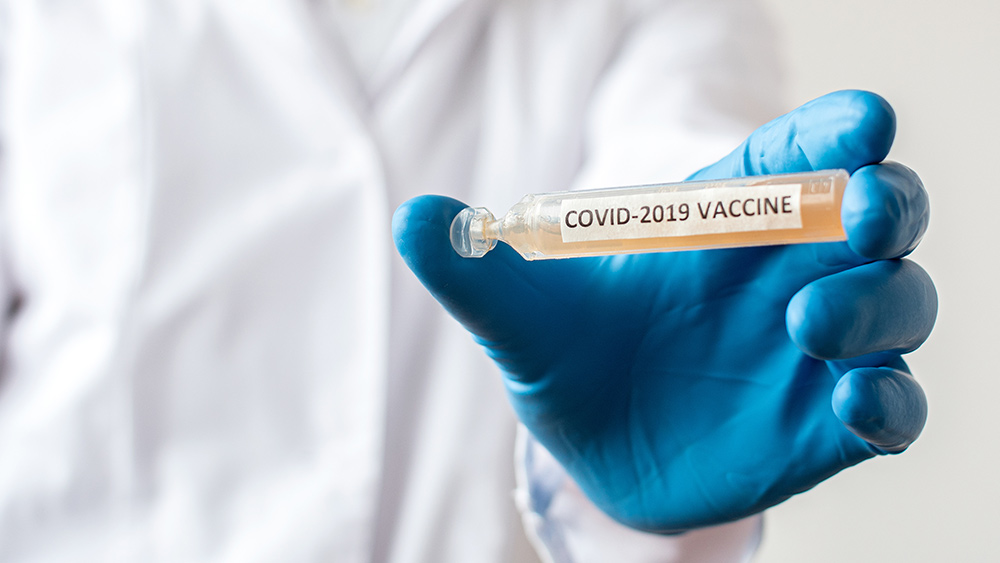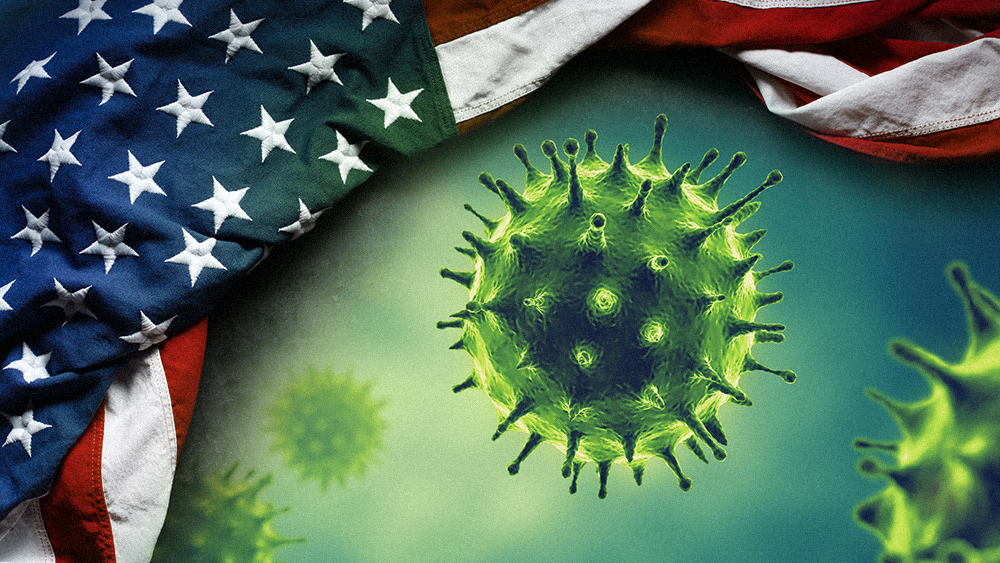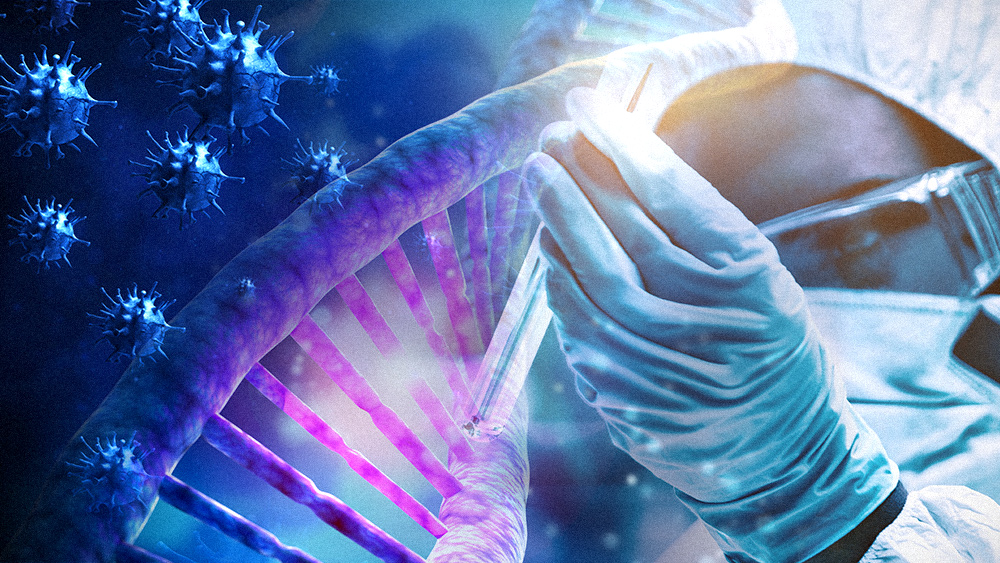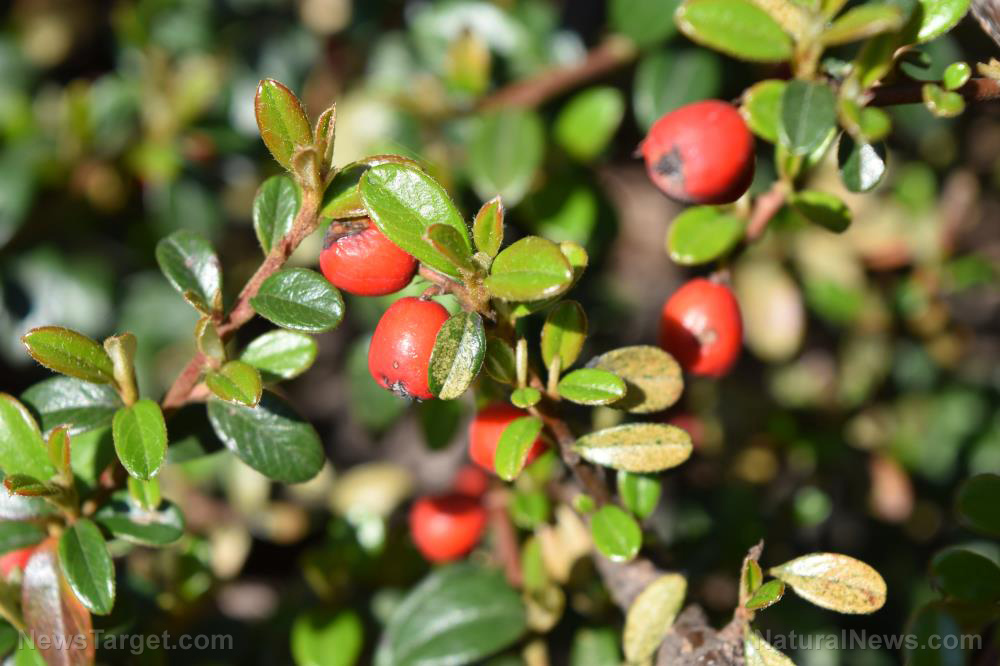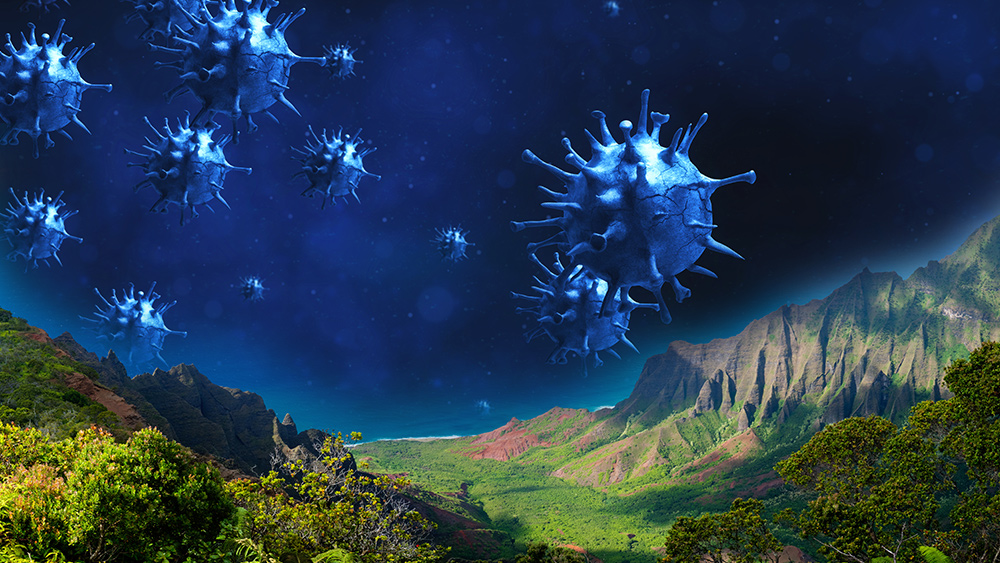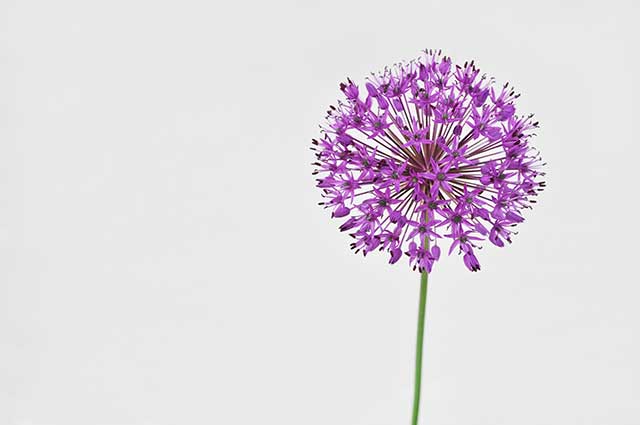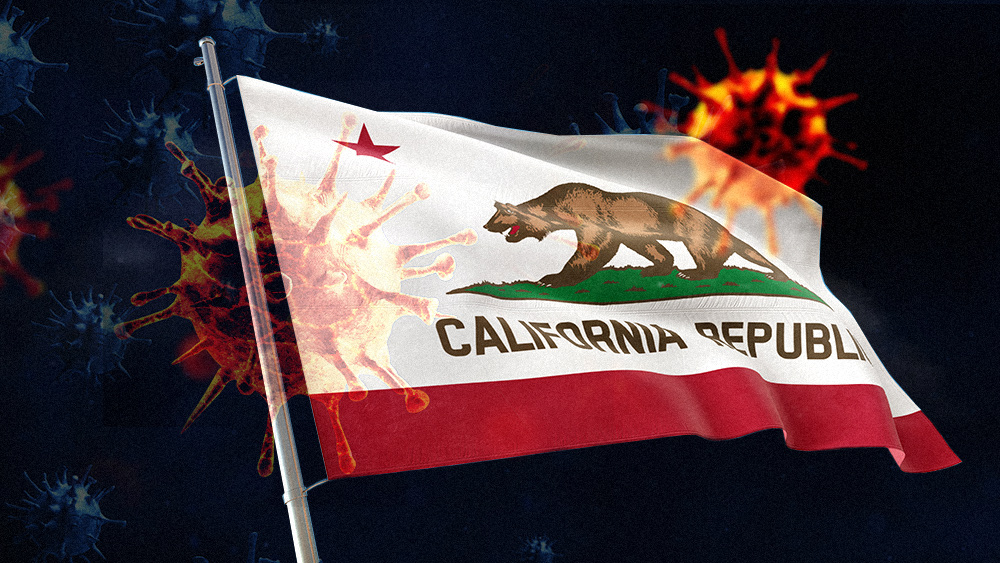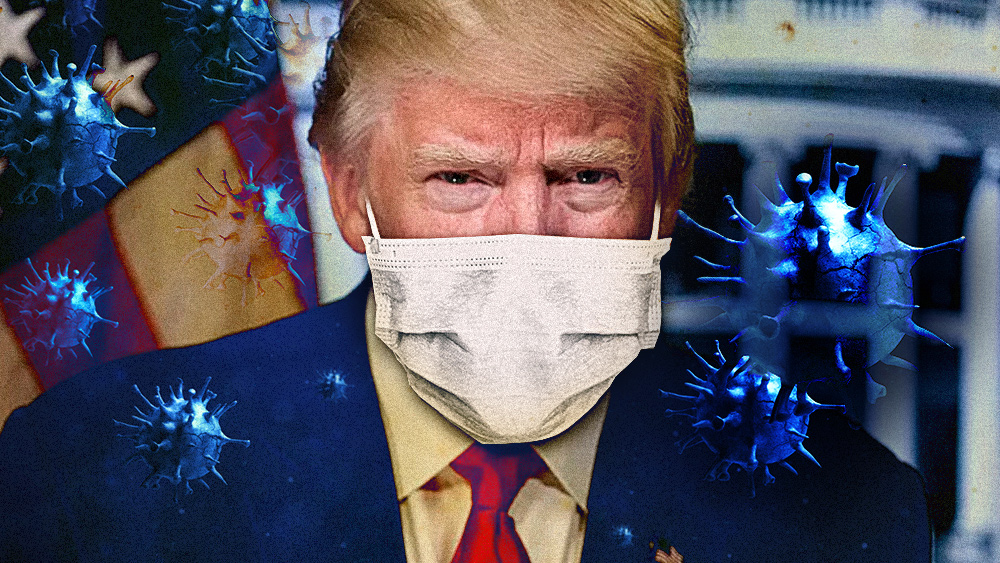Scientists link blood-pressure lowering medication to increased risk of bowel condition
02/25/2020 / By Darnel Fernandez

High blood pressure has become a major health problem in the US. It is known as the biggest contributor to cardiovascular death and disease around the world. The American Heart Association has estimated that about 103 million American adults have high blood pressure – nearly half of the adult population in the US. Most people resort to taking prescribed medications to alleviate their symptoms and reduce their risk of developing cardiovascular problems like stroke and heart disease. Now, recent research suggests that a certain anti-hypertensive medicine can increase your risk of developing a painful bowel condition.
A study published in the journal Circulation found that calcium-channel blockers are linked to an increased risk of diverticulosis, a condition that causes small pouches or bulges to appear in the intestinal linings. Diverticulosis, which affects nearly 65 percent of people over the age of 85, can become a serious medical condition if these bulges become infected or burst.
“This is the first time that this class of blood pressure drug has been associated with diverticulosis,” said study co-author Dipender Gill. “We’re not sure of the underlying mechanism – although it may relate to effects on the function of intestine muscles, which perform contractions to transport food through the gut.”
How calcium-channel blockers cause diverticulosis
The symptoms of high blood pressure, also known as hypertension, can be managed by modifying one’s diet and adopting healthier lifestyle habits, although most hypertensive individuals take medication like calcium-channel blockers, beta-blockers and ACE inhibitors. However, while millions of people around the world use these drugs on a daily basis, it is difficult for scientists to investigate the side effects and their effectiveness in treating other forms of disease because of how much time and money it would take to perform clinical trials.
To overcome this problem, researchers from the Imperial College London School of Public Health and the Ludwig Maximilian University of Munich used genetic analysis to explore the effects of these drugs and investigated certain genes that mimic the effects of said drugs. This allowed them to test the effectiveness of the drugs, alongside their potential side effects.
The research team identified proteins that were targeted by the medication, as well as the ones that help lower blood pressure. Afterward, they analyzed the genetic data of around 750,000 people to identify the genetic codes of “variants” that influence the proteins.
The researchers observed that the genetic variants that code for proteins that help lower blood pressure were linked to a decreased risk of developing heart diseases and stroke. The researchers also looked into the risk of almost 900 different diseases using data from the UK Biobank study. They observed that a certain gene variant that mimics the effects of a particular type of calcium-channel blocker, known as the non-dihydropyridine class, increased the risk of developing diverticulosis.
The research team suggests that the association requires further investigation with larger trials, but warn that current prescription guidelines should not change at all. People with hypertension should still take any preventive measures to alleviate the symptoms of hypertension and should not stop any ongoing treatments unless they consult their health practitioner first. (Related: Eat right and exercise: 5 Natural ways to prevent high blood pressure.)
“The study of genetic variants that mimic the effect of drugs is evolving as a powerful concept to help prioritize clinical trials and design clinical trials more likely to be successful,” said study senior author Joanna Tzoulaki.
Natural ways to lower blood pressure
Hypertension is a dangerous condition, but there are things you can do to help lower your blood pressure naturally without the need for prescription medications. Here is a list of natural ways to fight off the effects of hypertension.
- Get exercise regularly. One of the simplest things you can do to lower your blood pressure is performing regular exercise. Exercising can make your heart significantly more efficient at pumping blood, which, in turn, lowers the pressure in the arteries. Even walking for at least 30 minutes a day can leave lasting effects on your heart.
- Drink less alcohol. Alcohol consumption has been associated with an increase in blood pressure. In fact, studies show that drinking alcohol is associated with about 16 percent of high blood pressure cases worldwide. By cutting back on alcohol, you can effectively improve your blood pressure levels, especially if you’re an avid drinker.
- Eat more potassium-rich foods. Potassium is an important mineral that helps the body purge itself from sodium and ease pressure on the blood vessels. Foods that are high in potassium include bananas, avocados, fatty fish like tuna and salmon, nuts, legumes and leafy green vegetables.
- Increase calcium intake. People with low levels of calcium are often afflicted with high blood pressure. Studies show that calcium-rich diets can help regulate blood pressures to a healthy level. You can get your daily dose of calcium through collard greens, beans and tofu.
Learn about other ways of preventing hypertension at Prevention.news.
Sources include:
Tagged Under: Big Pharma, bowel disease, calcium channel blockers, cardiovascular disease, digestion, diverticulosis, harmful medicine, high blood pressure, hypertension, protein variants, side effects

